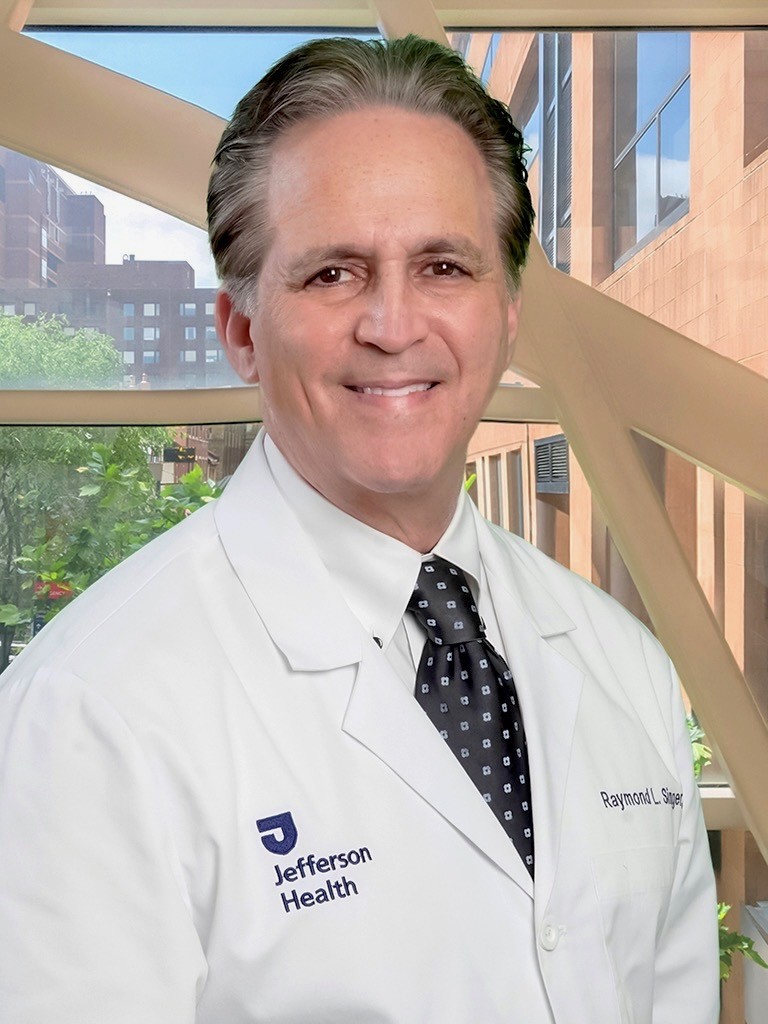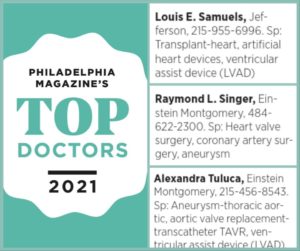What is Hypertrophic Cardiomyopathy?
Hypertrophic cardiomyopathy, or HCM, is a disease that causes the heart muscle to thicken, making it harder for the heart to pump blood. There are two types of HCM – obstructive and nonobstructive.
Obstructive is the most common form of this disease and the one I will mostly be discussing here. HOCM affects the septum between the left ventricle and right ventricle. When the wall thickens, it blocks blood from leaving the heart.
The other form of HCM is nonobstructive. This form of HCM causes the left ventricle itself to thicken, making it harder for the chamber to fill with sufficient blood to pump to the rest of the body. Although the blood flow is not directly obstructed, it affects patients the same way by restricting how much blood the heart pumps to the rest of the body.
This disease often goes undiagnosed since many patients have few symptoms. It is recommended, though, that those with a family history of HCM consult their doctor if they experience the following:
- Shortness of breath
- Fainting
- Dizziness
- Chest Pain
- Fatigue
- Rapid, fluttering or palpitations
- Arrhythmias
Some tests that help diagnose HOCM include:
- Echocardiogram
- Electrocardiogram
- Cardiac MRI
- Holter and Event Monitors
- Genetic Testing
- Cardiac Catheterization
- Coronary Angiography
- Stress Test
What Causes HOCM and How Is It Treated?
Both forms of HCM are hereditary and are caused by a gene mutation. There is no cure, but there are treatment options available, both surgical and non-surgical.
Though there is no disease-specific medication for HCM, there are medications that are used to slow the heart rate and cause it to squeeze less strongly so that it can pump better.
Initially, a patient with HOCM will be treated with beta-blockers and other similar medications including calcium channel blockers and diuretics, but for those who do not respond well to these non-invasive treatments, there are surgical options, including septal myectomy and surgical devices such as pacemakers or implantable cardioverter-defibrillator (ICD).
Lifestyle changes also help to alleviate the damage done by this disease. Eating healthy, limiting alcohol, and managing stress are just a few changes that will not only help with HCM, but with health overall.
Left untreated, this disease can lead to serious health conditions, including heart failure and death.
Although this disease is chronic, people with HCM often live long lives, provided they keep up with screenings, a treatment regiment, and avoid strenuous exercise.
Case Study
Below, I discuss the surgical treatment of severe left ventricular outflow track (LVOT) obstruction due to hypertrophic obstructive cardiomyopathy (HOCM) associated with severe mitral regurgitation secondary to systolic motion of the anterior mitral leaflet (SAM).


